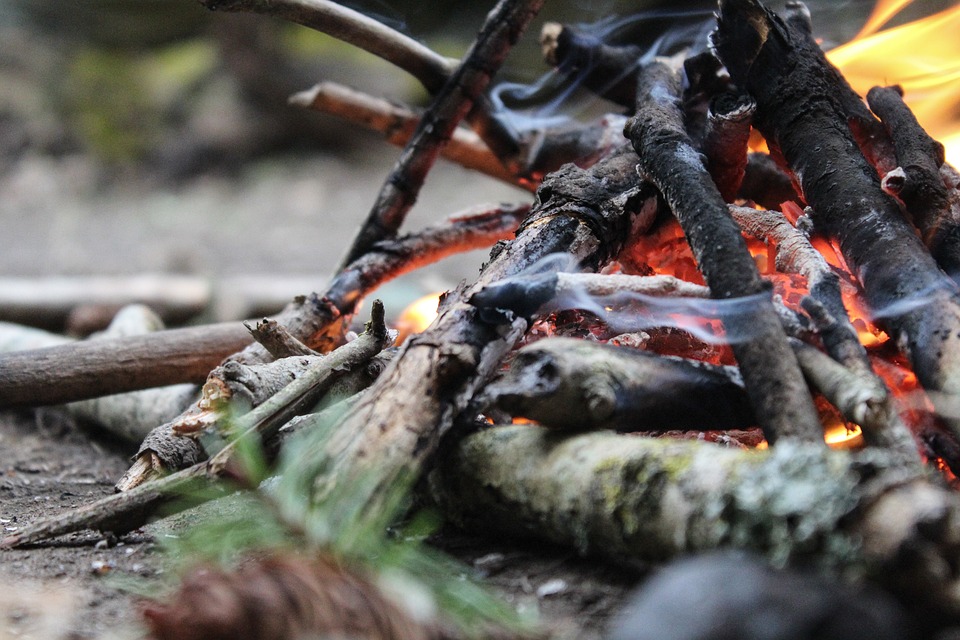Table of Contents
Introduction
Camping is an incredible way to disconnect from the hustle and bustle of everyday life and immerse yourself in the beauty of nature. Whether you’re an outdoor enthusiast or a novice, this beginner’s guide will help you navigate your way through the wonderful world of camping.
Choosing the Right Camping Gear
One of the first steps in planning a camping trip is selecting the right gear. The essentials include a tent, a sleeping bag, a camping stove, cooking utensils, and a backpack. Consider the weather conditions and duration of your trip when choosing the appropriate gear.
Finding the Perfect Campsite
Choosing the right campsite can greatly enhance your camping experience. Look for established campgrounds that offer amenities such as potable water, toilets, and fire pits. Additionally, consider the location and accessibility of the campsite, as well as any regulations or permits required.
Packing Efficiently
Packing efficiently is key to an enjoyable camping trip. Make a checklist of essential items such as food, water, appropriate clothing, a first aid kit, and any other necessities specific to your trip. It’s important to pack light but also be prepared for unexpected weather conditions.
Setting Up Camp
Once you arrive at your chosen campsite, it’s time to set up camp. First, find a level spot to pitch your tent. Lay down a tarp to protect the bottom of your tent from moisture. Make sure to assemble your tent according to the manufacturer’s instructions and secure it properly. Organize your belongings inside the tent to keep everything clean and easily accessible.
Outdoor Cooking Tips
Camping wouldn’t be complete without cooking delicious meals outdoors. Assemble your camping stove and use it to cook your favorite camping recipes. Make sure to follow fire safety guidelines and be conscious of the surrounding environment. Clean up after cooking to minimize the impact on nature.
Exploring Nature
One of the greatest joys of camping is immersing yourself in the great outdoors. Take the time to explore your surroundings by hiking, biking, fishing, or engaging in any other outdoor activities available. Remember to leave no trace and respect the natural environment.
Staying Safe in the Wilderness
While camping is a thrilling adventure, it’s important to prioritize safety. Be prepared for emergencies by carrying a first aid kit and knowing basic first aid techniques. Familiarize yourself with local wildlife and how to respond to encounters. Follow proper food storage guidelines to reduce the risk of attracting animals to your campsite.
FAQs:
Q: What should I do if it rains during my camping trip?
A: If it starts raining during your camping trip, ensure your tent is properly set up and secured. Use a rainfly or tarp to provide additional protection. Seek shelter in your tent or a nearby covered area until the rain subsides.
Q: How can I keep bugs away while camping?
A: To keep bugs away, use insect repellent containing DEET or wear protective clothing such as long sleeves and pants. Consider using a mosquito net for additional protection, especially during peak bug season.
Q: Can I bring my pet camping?
A: Many campgrounds allow pets, but there may be specific rules and regulations regarding leash requirements and designated pet-friendly areas. Always check with the campground beforehand and ensure your pet is well-behaved and comfortable in outdoor settings.
Q: How can I extinguish a campfire properly?
A: When extinguishing a campfire, use water to douse the flames completely. Stir the ashes and continue adding water until all heat is gone. Once the fire is entirely out, use the back of your hand to check for any remaining heat before leaving the fire pit.
Q: What should I do if I encounter a wild animal?
A: If you encounter a wild animal, stay calm and try to put distance between you and the animal. Avoid running or turning your back on it. Make loud noises and wave your arms to appear larger. Most importantly, respect the animal’s space and never approach or feed wild animals.
Q: How do I find safe drinking water while camping?
A: It’s essential to have access to safe drinking water while camping. Some established campgrounds offer potable water sources. If there’s no potable water available, bring your own or use water purification methods such as boiling, filtering, or using water purification tablets or drops.




